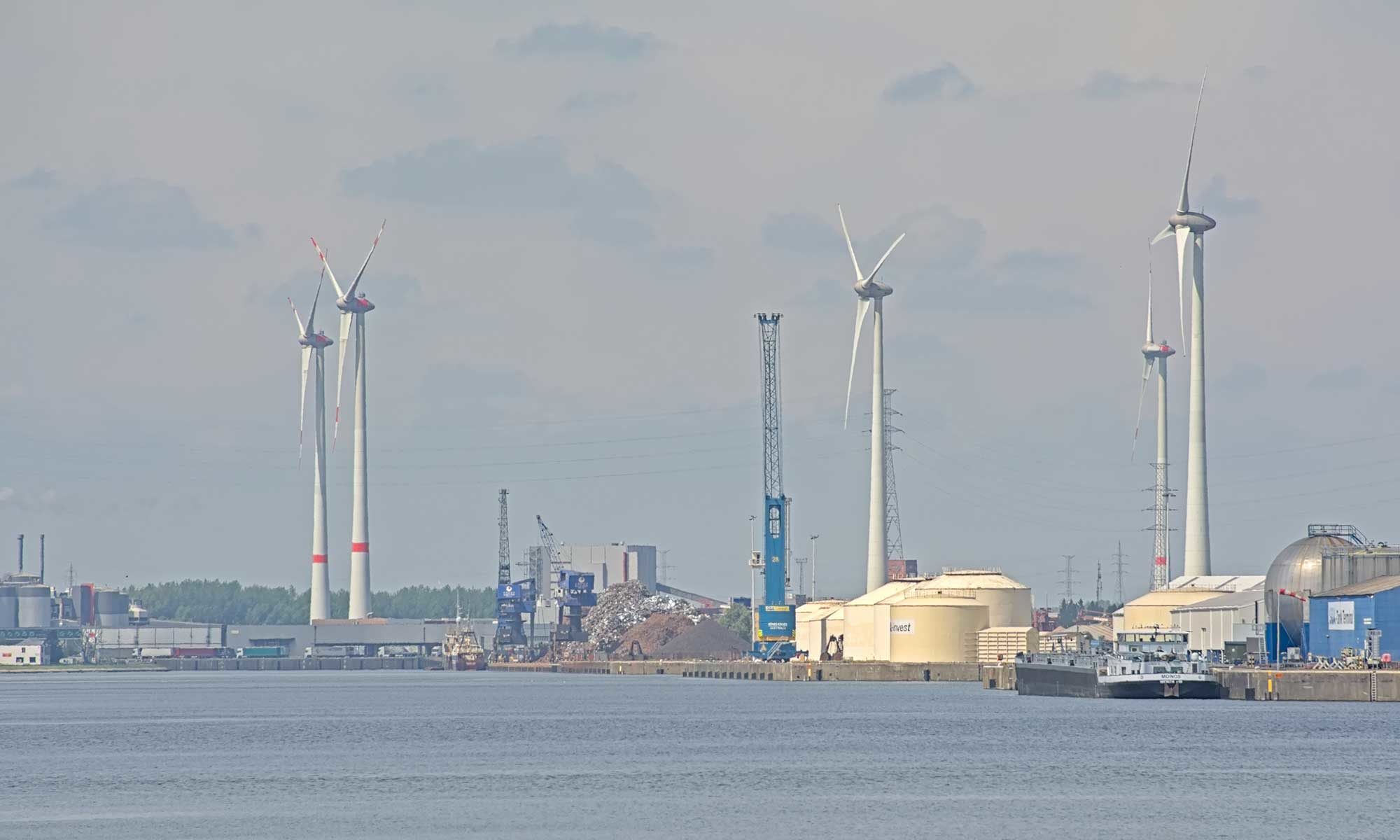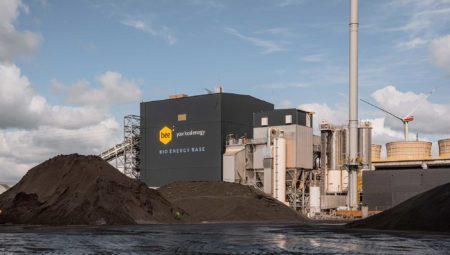In 2019, the city of Ghent emitted 14 million tonnes of CO2, of which more than 90% (12.8 million tonnes) came from the industrial port cluster. This is 1/3 of the Flemish CO2 emissions from energy and industrial companies and is comparable to the emissions of the port of Antwerp.
According to the researchers, 8 million tonnes per year can already be saved by 2030 through the application of market-ready technologies for capturing and reusing or storing CO2 (CCU/CCS), green energy and circularity. CO2 can be used as a raw material for basic chemical products and residual heat from the port can heat Ghent houses. New technologies will ensure that the port region becomes completely climate neutral by 2050.
Re-shoring
Econopolis expects that the worldwide shift from fossil to renewable energy sources will be accompanied by a large-scale re-shoring of industrial activities: business activities will be brought back from abroad. The local production of secondary (recovered, reusable) raw materials will generate more jobs, added value and exports. This re-shoring requires a lot of extra space, which is precisely the trump card of the port region in Ghent. By 2035, a further expansion of the green basic industry can almost double the number of jobs in Ghent.
There are plenty of opportunities. A condition however is that the first steps are already taken now. For instance, investments must be made in large-scale demonstration projects that are not yet profitable. The necessary infrastructure must also be built to facilitate low-CO2 activities, such as a hydrogen backbone and heat networks. Regulatory changes are also urgently needed: circular flows must be recognised as green raw materials.
Synergies
Cooperation is also essential, because in a circular society, sectors are linked together that previously never had a connection. For instance, CO2 waste streams and residual heat from the Ghent steelworks can be used in the horticultural sector around Ghent. Furthermore, there is increasing cooperation with the Netherlands to exploit synergies across borders. Think about the labour market, energy security and the exchange of residual flows.
Image: kristof lauwers/Shutterstock



